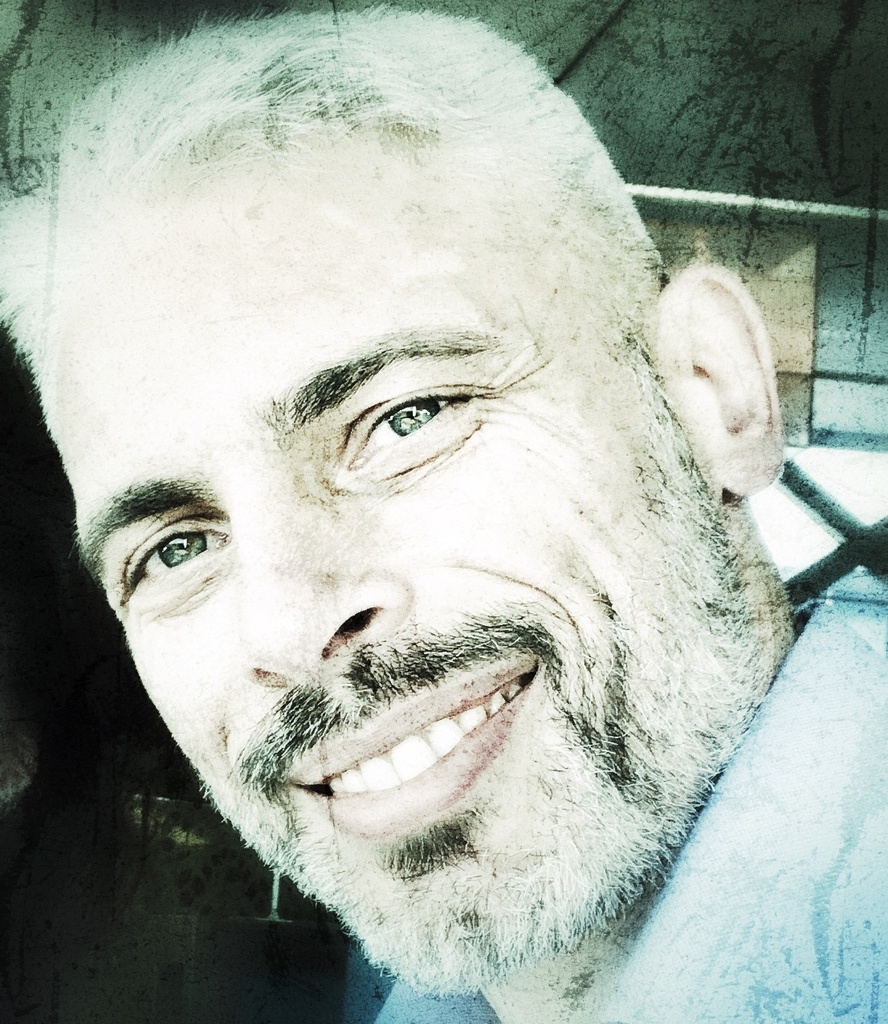Have you experienced guilt or other forms of resistance towards giving yourself permission to take a few hours to do nothing? To just be with your thoughts? To be with yourself? To go in? To meditate? To purposefully and intentionally do nothing?
Isn’t taking time to do absolutely nothing just… hard?
I don’t know about you but it’s been hard for me – even the thought of it would make me feel lazy and a procrastinator.
Even the thought of it!
So, I would often enter these long stretches in my life of being in “doer” mode.
And, it feels good – because I’m doing… I’m taking action all the time.
But, how about this:
What if not all inaction is inaction?
What if some inaction is action, while oftentimes action is actually a form of disguised inaction?
Is that too bold of a proposal?
What if we start looking at this as two forms of action: Purposeful intentional In-action and Forced Action on the other hand?
Here’s what I’ve found:
Purposeful intentional in-action may oftentimes be in conflict (as it is the case with me) with the nature (or shall I say “the developed momentum”) of the doer, the implementer, the high-achiever.
And, it’s probably because of the incredibly dizzying speed with which the world operates today (compared to even 20 years ago!).
The reality is, we are almost 8 billion people. And, technology has leveled the playing field.
There’s FOMO. There’s the need to be “on purpose”, to feel aligned to “one’s calling” (… because you must have a purpose right? And you must know your purpose, right?).
And, this puts so much pressure, which overtime crystalizes in the form of a particular lifestyle – the lifestyle of the doer, the action-taker.
The problem is, with this lifestyle we get lost in the doing. We get sucked into the agenda of the world – and as a consequence, we lose touch with ourselves.
An… being in the “doer” mode, being in forceful action has its price.
What is the price for losing touch with ourselves, for being constantly in forceful action mode?
We begin to forget who we are. Clarity suffers. Confusion and frustration creep in. If this is left unchecked, a continuous lack of clarity begins to influence our core beliefs (at the identity level) – and we begin to lose confidence in ourselves.
What else?
We don’t take the time that’s required to integrate new learnings. In other words, we don’t take the time to convert knowledge to usable knowledge (wisdom). As a result, we find ourselves more and more often forced to borrow from the wisdom of others in our attempts to make a contribution.
There’s more. As this situation continues, stress and anxiety begin to become the normal condition. Health begins to erode.
To summarize…
Being in constant doing mode is in effect avoiding the true work (clarity, opening space for ideas, insights, wisdom), which is a form of inaction of the highest degree.
On the other hand, Purposeful intentional inaction when done from that space – from intention – is not really inaction. If one intends to “do nothing” for a while, isn’t that a form of doing, of action? When it’s done on purpose – it’s already action.
“Done” = Action taken
Purposeful intentional in-action is the true source of aligned action.
This action, sourced from that place, doesn’t feel like action – and it oftentimes fails to register as “action”, which contributes to a feeling of doing nothing, which is hard for the habitual old momentum-driven action-taker.
(A prime example: This article came as a result of purposeful in-action – but I didn’t feel like I was in action while writing it. I’m simply expressing what’s alive and present in me by way of writing in my journal and later typing up on my computer.)
Another thought on action.
I believe that not all action is meant to be taken by us. Sometimes, it’s someone else’s universal calling to take that action, not us.
A couple of years ago a person I respect a lot said: “Not all action is meant to be taken by you. Some action is for you to take, some is not.”
So then it turns out that purposeful intentional in-action is not really optional for the person who has always had the feeling that they were born for more.
But, how then does one give oneself permission to “be” more often than to “do” all the time?
One way is by shifting the belief:
“When I’m not doing something I’m doing nothing, therefore I’m lazy”
To
“When I’m in purposeful in-action I am actually in action while when I’m in forceful action I am potentially in true inaction because I’m not creating space for aligned action to emerge.”
That kind of work requires massive awareness due to the built-in old momentum.
And, it takes guts.
But, what’s on the other side is true Liberation.

